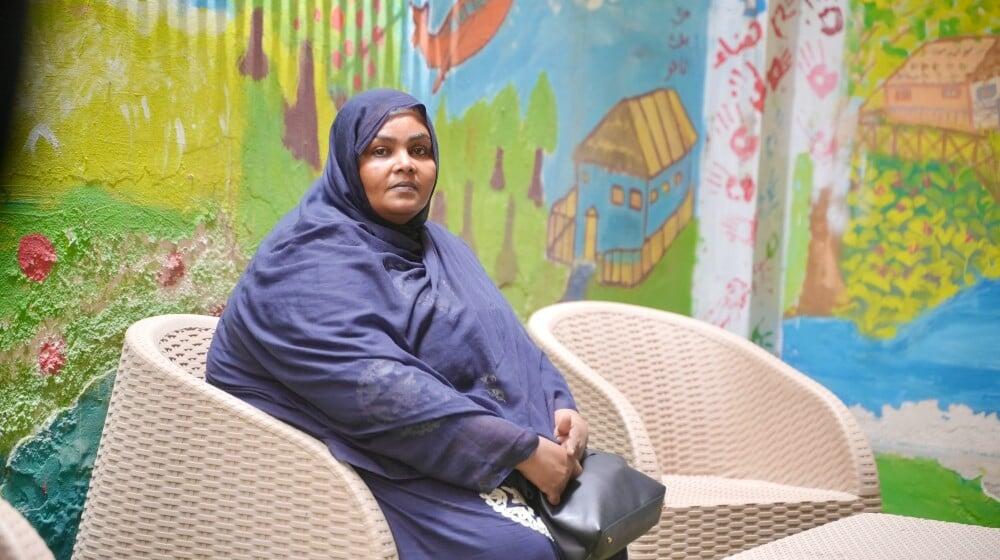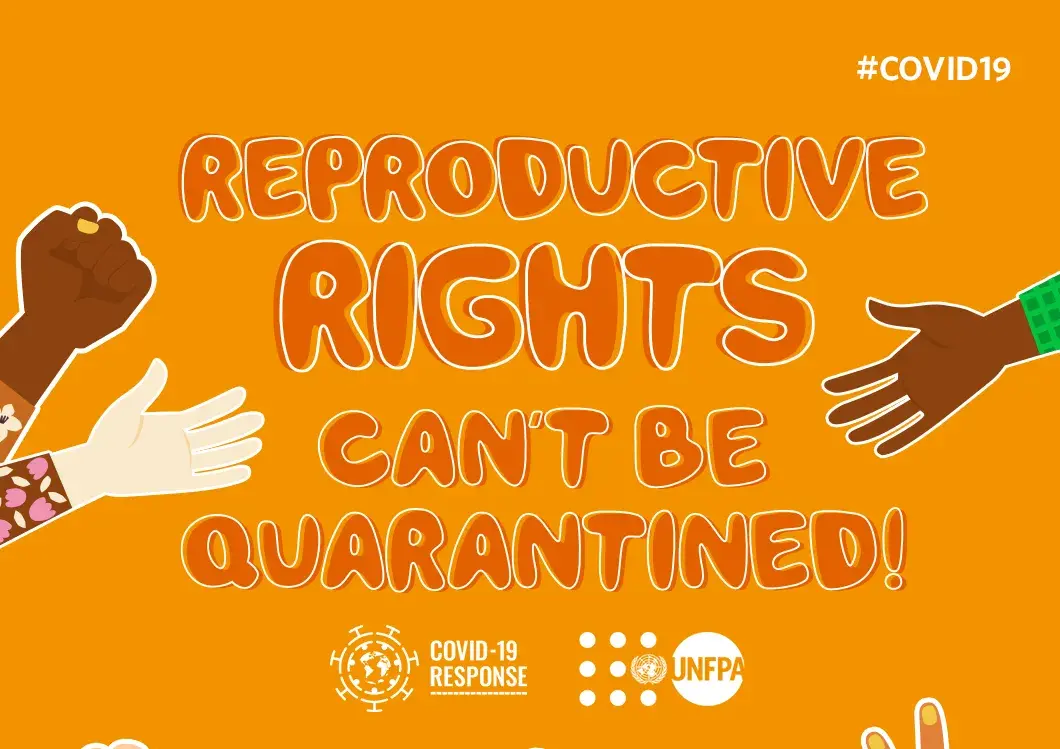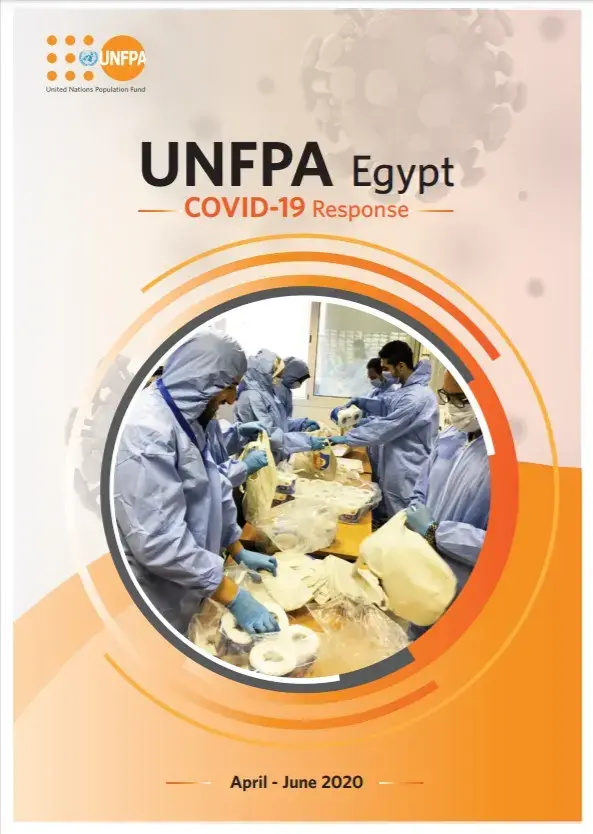A group of 11 women sits around in a circle, eight of whom had just crossed the border from Sudan into Egypt.
They pass around a small box filled with questions scribbled on colored post it notes.
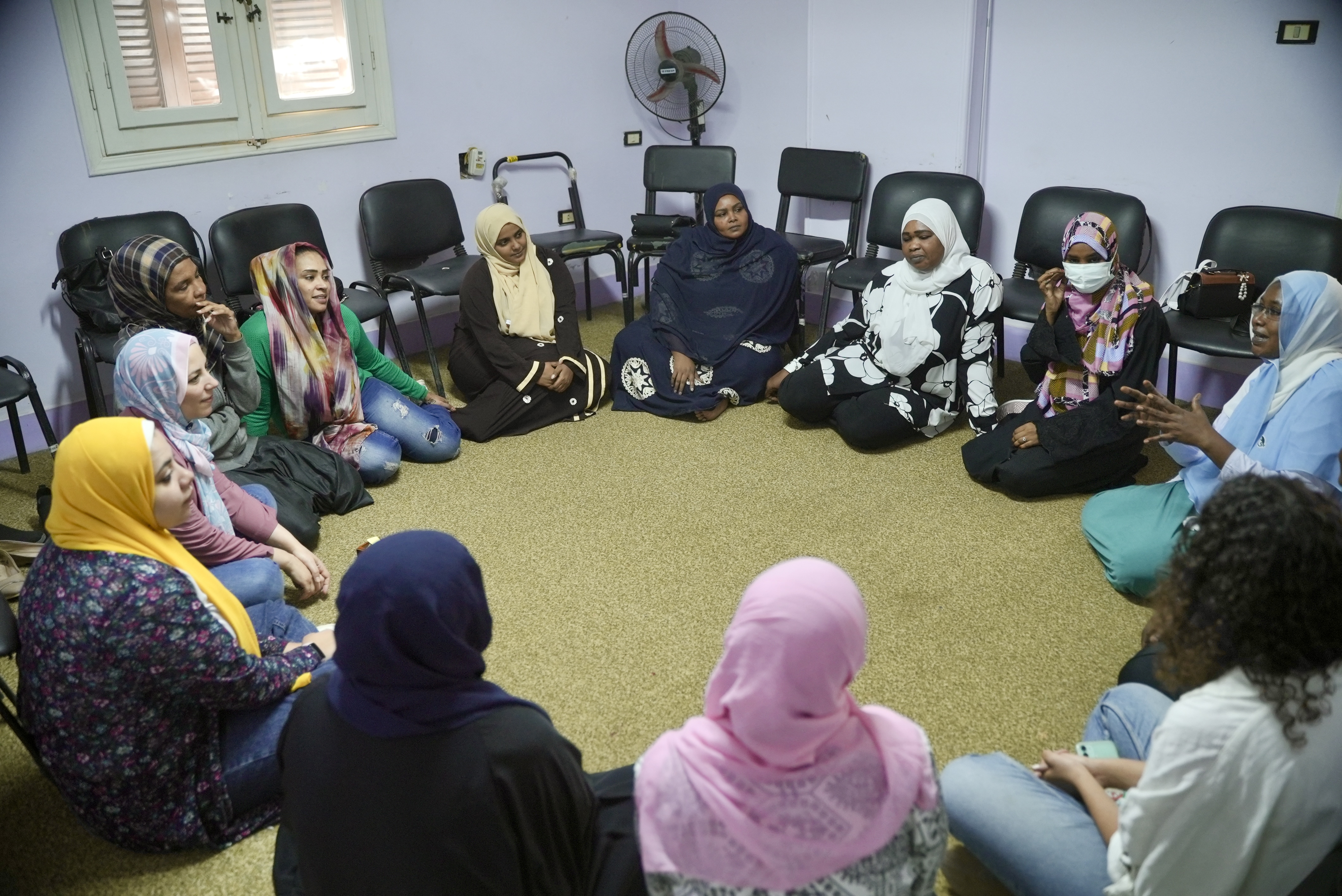
“What is something you are grateful for?” one question read.
“That I brought my children here and they won’t have to grow up in war,” one woman answered.
“What is your biggest fear?” a green post it read.
“For my family to be broken up,” another woman answered, “My children and I are here but my husband is still in Sudan. I don’t want my family to be broken up.”
This is one of several activities held at the UNFPA-operated Sanad Safe Space in Egypt. Case workers refer to it as a “venting session.”
The Sanad Safe Space located in the Haram neighborhood of Giza, offering comprehensive gender-based violence (GBV) against women and girls services for refugees.
The fear shared during the venting session over family separation is Hanaa Yassin’s current reality. Her husband stayed behind in Sudan, and since their parting, she has not been in contact with him.
Her youngest son, she says, is constantly asking when his father will arrive.
Yassin and her six children had just arrived to Egypt from the capital Khartoum on May 19.
She recalls the grueling five-day journey they had to endure to cross to safety. Yassin’s family had to jump from one bus onto another, escaping fighting and warplane fire, as well as horrific scenes.
“There were dead bodies laying on the streets, I had to cover my six-year-old’s eyes so he doesn’t see this, but their stench was so strong,” Yassin says.
At one point, she recalls, they were under aerial gunfire.
“The bus driver told us to get off the bus and everyone was screaming and running in different directions,” she says, “I was just trying to stay with my children.”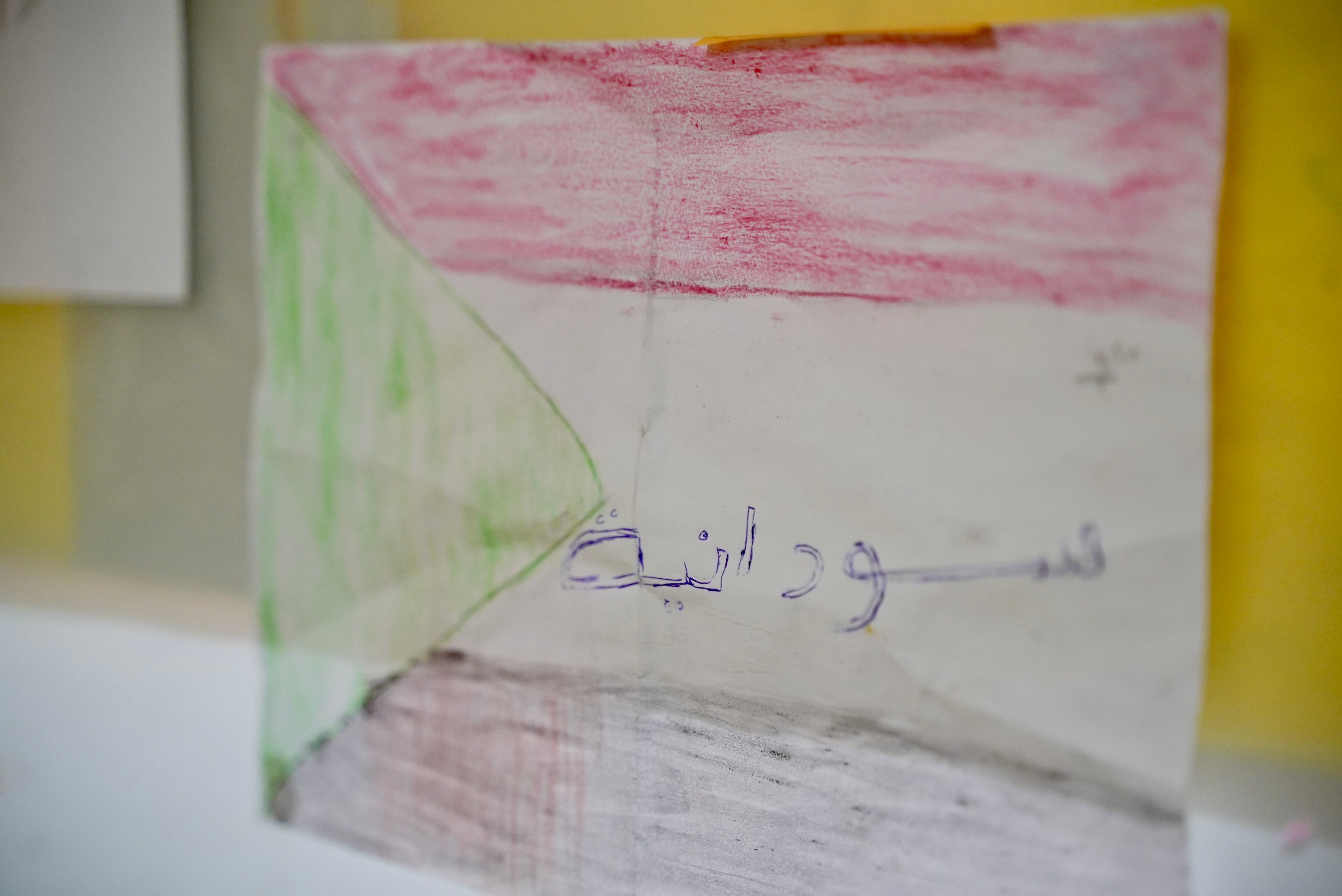
“You cannot imagine how terrifying it was.”
Yassin is one of the 250,000 people who have fled Sudan for Egypt, making the country host to the largest community of Sudanese refugees and migrants among its neighbours. The Government of Egypt is working to provide this community with humanitarian assistance, including food, health care and psychological support.
From Aswan, Yassin and her children took a train to Cairo, where she is currently looking for schools to enroll her children. She is also looking for work so she can support them.
According to Heba Shaarawy, Case Management Team Leader at the Safe Space, Sanad received over 300 women who were offered a variety of services, from housing to cash assistance to psychosocial support.
“The first thing I notice on the women who come in is the state of shock they are in,” she explains, “not just because they witnessed war, but because of the loss of their social and financial resources and the unknown that awaits them.”
“Sanad is their lifeline,” she says.
The Sanad Safe Space is one of 11 in six governorates around Egypt.
UNFPA Egypt offers comprehensive gender-based violence against women and girls services for refugees through the Safe Spaces operated by the Ministry of Youth and Sports and Etijah NGO, with the support of the Swiss Development Cooperation and the Royal Norwegian Embassy. The Safe Spaces provide case management services, mental health and psychosocial support services, emergency housing support, legal and medical services, reproductive health services, as well as vocational skills training.
UNFPA is also operating two Women and Girls Safe Spaces in Aswan where most of the Sudanese are staying or transiting before their journey to Cairo.
As of 17 June, nearly 500 Sudanese women and girls have registered at 6 Safe Spaces in Aswan and Greater Cairo to seek support.
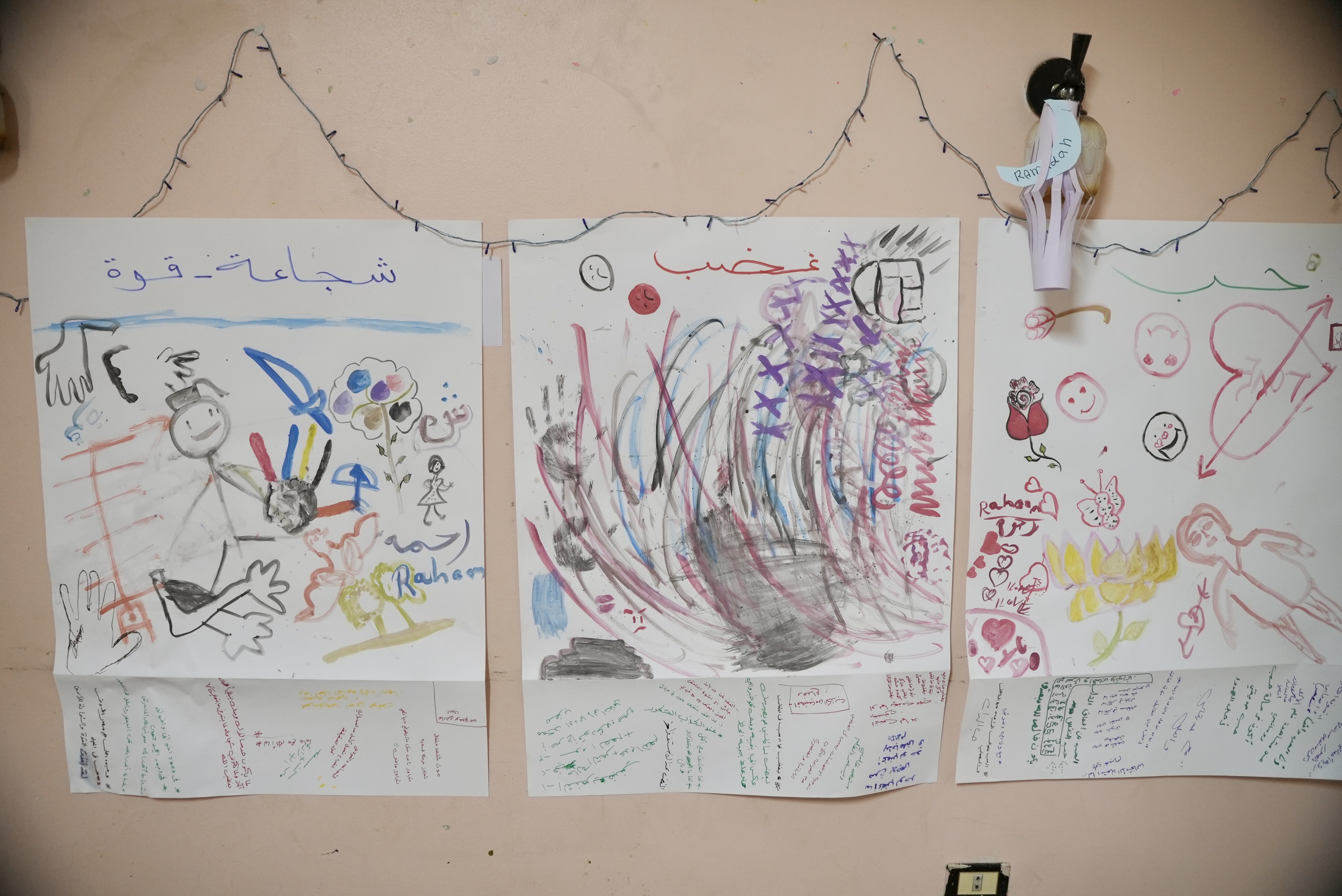
UNFPA is enhancing the physical and technical capacity of all Safe Spaces to strengthen the case management services for all women and girls accessing them. Furthermore, to ensure coordinated response on GBV against women and girls, UNFPA is co-chairing the GBV sub-working group with UNHCR, and has developed a mapping of the GBV response services and related-referral pathways for survivors in Aswan and surrounding areas.
Shaarawy explains that what all the women seek first is very much in line with Maslow's Hierarchy of Needs; food and shelter.
Some women are then offered psychosocial support, either through individual sessions or in groups. They are also offered vocational training to be able to earn their own income.
Shaarawy explains that the case management team at the Safe Space consists of case workers, psychologists and psychiatrists, who all work with women and collect enough information to be able to assess their needs.
The Safe Space, she says, offers psychological support workshops, psychodrama workshops, as well as art therapy. Other workshops also aim at raising awareness around different reproductive health topics.
In one of the rooms at Sanad, artwork that came out of the art therapy workshop hangs all around its four walls.
Anger, grief, courage and strength are some of the words jotted among the colorful sketches on the sheets of paper.
One artwork depicts smiling children on a swing. “Laughter and joy,” its title reads.
“I need my life back,” Yassin says, “anything else is replaceable but I miss my life the way it was.”

